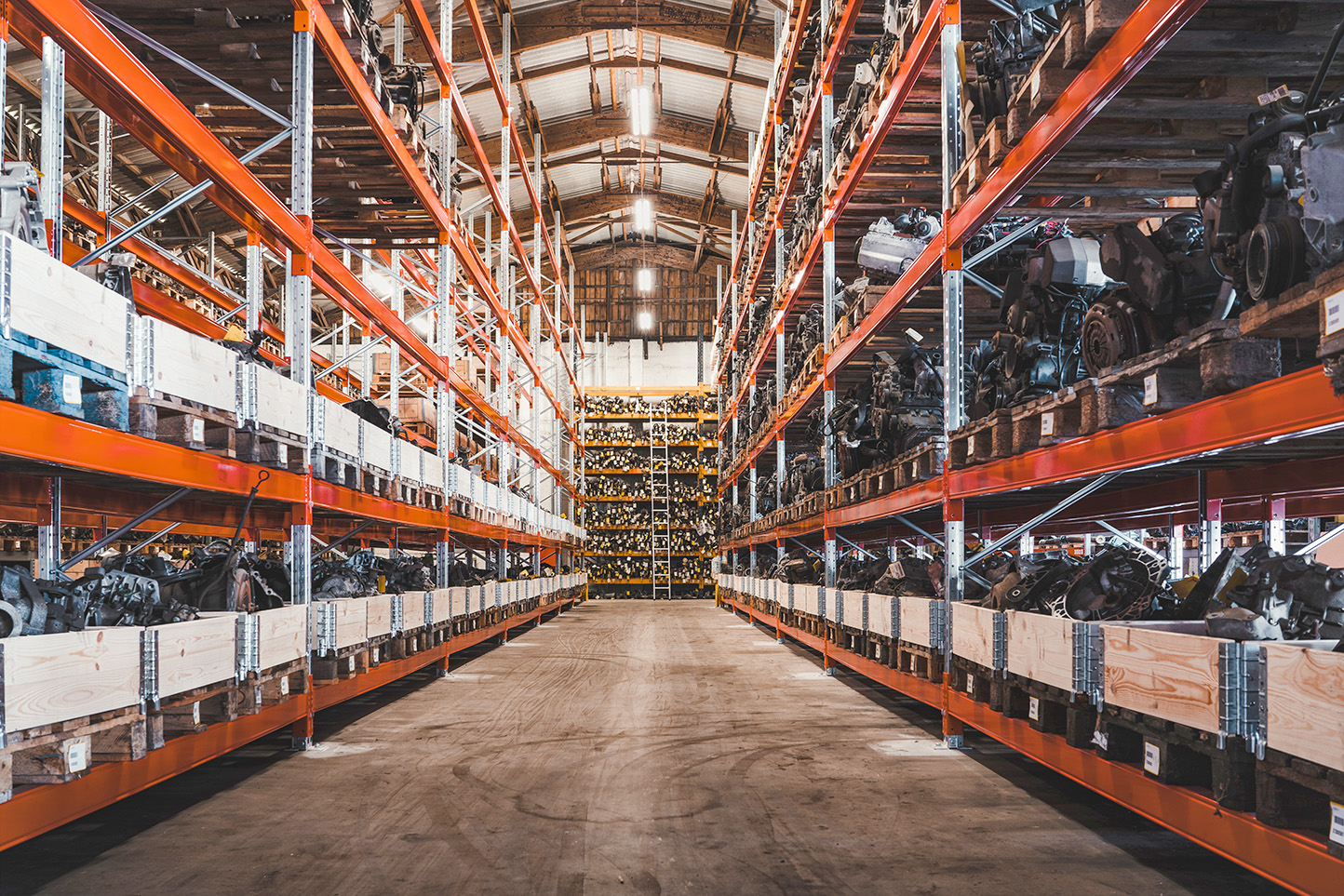Implementing circular economy
The »product« lever is also a starting point for the circular economy. Instead of disposing of products in their entirety once they reach end of life, the idea is that digital support can allow them to be refurbished or broken down into components that can be reused or recycled. Mügge's team is active in this area as well. »For the circular economy to work, companies need to collaborate much more closely than they have in the past,« she says. The Catena-X project connects companies along the automotive value chain. Until now, vehicle dismantlers hardly had any access to information about the materials used in the car. This made it difficult both to reuse components and to recycle materials. The Catena-X data ecosystem not only enables the simple exchange of information. The so-called CE assistant additionally determines the best recovery strategy for the installed parts. The Aerospace-X project is developing similar concepts for the aerospace industry.
Recovery strategies are also the focus of the project Digma-DT. Here, digital twins are used to make the carbon footprint during the recovery process transparent. The overall aim is to reduce GHG emissions. Other activities at Fraunhofer IPK that promote the circular economy are aimed at recognizing components in order to prepare them for a »second life«. Technologies for identifying used parts are being developed, based on intelligent image processing supported by artificial intelligence.
Residue-free recycling
Fraunhofer IPK is also working on materials that can be recycled without residue so that even the recovery of components that cannot be reused becomes more sustainable. Annika Brehmer, head of the Bio- and Pharmaceutical Production Technology department, and her team are researching biopolymers. Unlike conventional »forever chemicals«, they can be biodegraded by microorganisms within a few weeks. The department produces these biopolymers by fermentation from waste materials, for example to build thumb orthoses for assembly tasks in vehicle manufacturing. When the orthoses are no longer needed, they are disposed of without harming the environment.
Bridging the planet
True sustainability can only be achieved in a global context. Fraunhofer IPK therefore works with partners around the world to make production and the associated supply chains more sustainable on an international level. The institute is particularly active in Brazil. »Projects concerning sustainability or energy transition must start from different angles: Raw materials, energy, workforce and technology. Brazil has raw materials and renewable energy, we in Germany can contribute the technology,« says Dr. David Carlos Domingos, head of the Fraunhofer IPK Project Office for Advanced Manufacturing at ITA in São José dos Campos. This is why Fraunhofer IPK has supported the Brazilian National Service for Industrial Training (SENAI) in setting up a national research network. »We need local partners for targeted research. There is a lot we can learn from them,« says Markus Will, who was crucial in driving the project forward. »Because we can only initiate innovative projects that benefit the industry if we exchange ideas internationally.«
 Fraunhofer Institute for Production Systems and Design Technology
Fraunhofer Institute for Production Systems and Design Technology